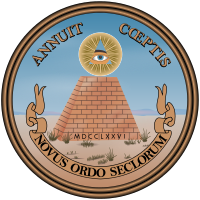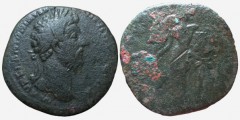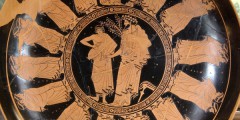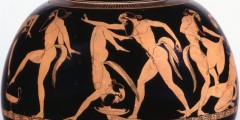CA report: Legacies of Greek Political Thought in America
April 28, 2014
CA conference: Legacies of Greek Political Thought in America Nottingham PhD student John Bloxham reports on a panel at the recent CA conference in Nottingham. For a postgraduate student, of a nervous temper, being asked to convene a panel was cause for a little anxiety. But with the panel taking place at the …
Happy birthday Marcus Aurelius!
April 26, 2014
In a new occasional series, Nottingham PhD student Will Leveritt posts his own photos of coins to reflect on significant anniversaries. 1893 years ago today, on the 26th of April A.D. 121, the Stoic philosopher and Roman emperor Marcus Aurelius was born in Rome. On the obverse of the coin we see the laureate head …
Roman noses
April 25, 2014
Mark Bradley sniffs out the significance of noses for Romans and others. Go back a hundred years or so, and well-to-do men and women in Berlin could be very conscious about their nose-shape. Anyone who had a potato nose, saddle nose or duckbill nose, or one that was wide, pointy, long, hook or slant had good …
Thinking about Thinking about Ancient Religion
April 12, 2014
In July 2013, the Ancient Religions and Cognition (ARCog) project held its first workshop. Esther Eidinow tells us how, over the course of two days, participants explored the theme of religious authority, using cognitive theorizing to think about ancient evidence, and vice versa. You can find out more about the project and the workshop, and …
Aeschylus at play
April 10, 2014
Oliver Thomas has just been representing Nottingham at a conference on Aeschylus’ satyr-plays at the University of California at Davis. Here he explains why satyr-plays are important for students of Greek tragedy. Already in Aristophanes’ Frogs (405 BCE), Aeschylus’ plays are caricatured as a dramatically unsophisticated torrent of weighty verbiage. Yet every tragedy Aeschylus wrote …






Recent Comments